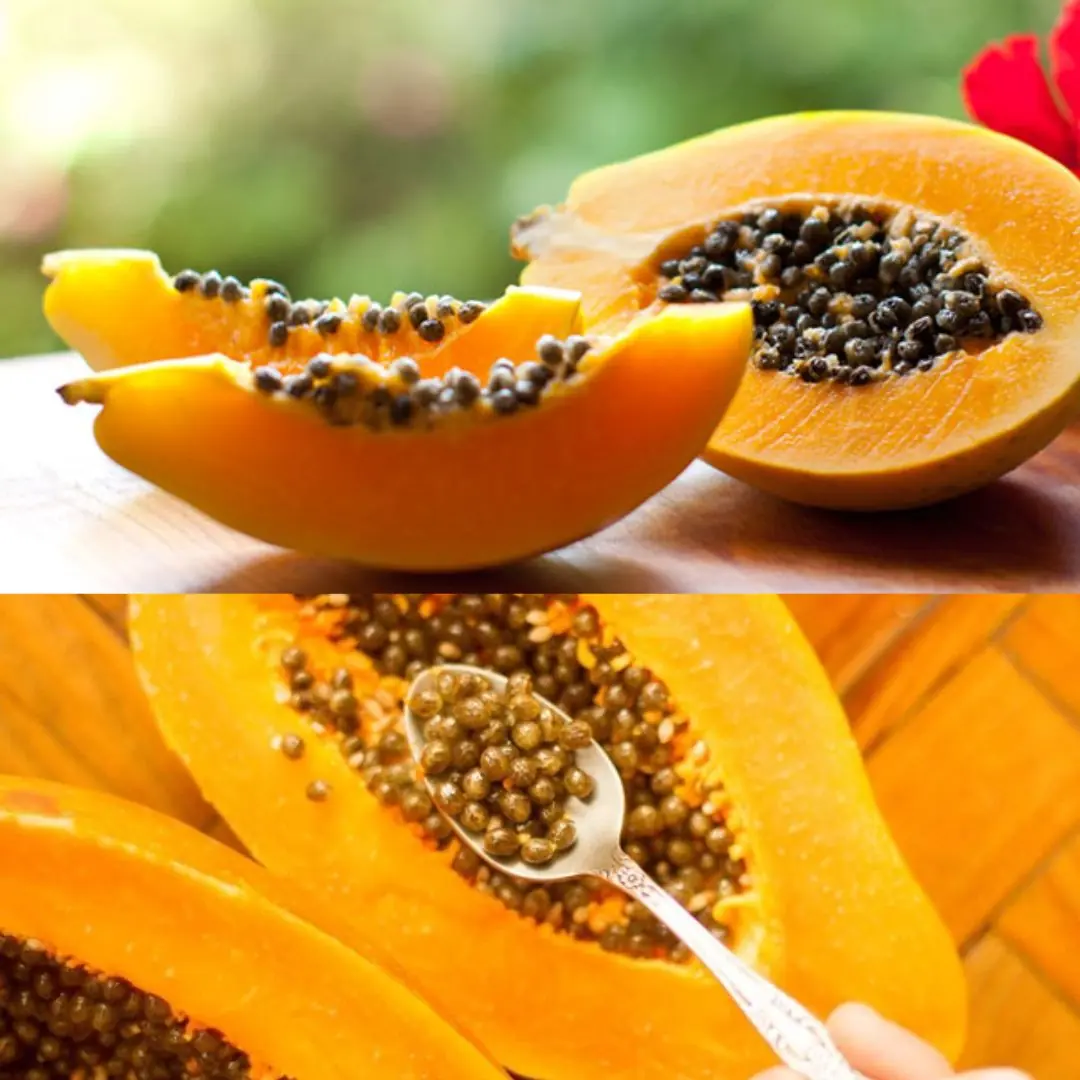
Euphorbia Hirta: 30 Benefits and How to Use It Safely
Euphorbia Hirta, commonly known as asthma weed, snakeweed, or cat’s hair, is a powerful medicinal herb long used in traditional medicine across Asia, Africa, and tropical regions of the world. Though small and unassuming in appearance, this plant offers a wide array of potential health benefits — particularly for respiratory, digestive, and skin-related conditions.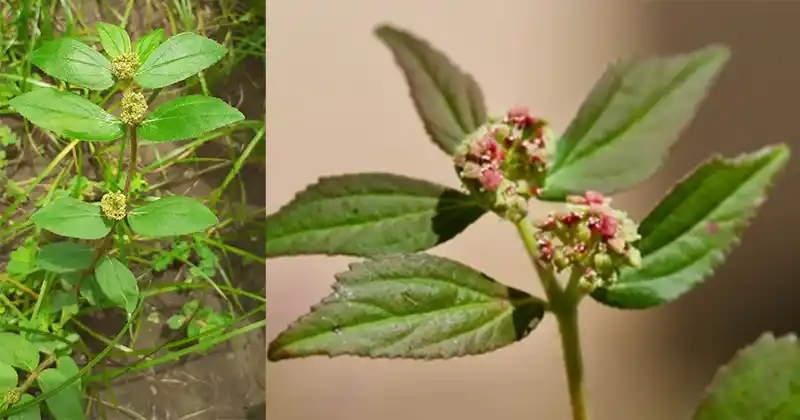
However, as with many medicinal herbs, safe use is essential. Euphorbia Hirta contains potent bioactive compounds that can be beneficial in small, controlled doses, but harmful if misused.
In this article, we’ll explore:
-
What Euphorbia Hirta is
-
30 health benefits supported by traditional use
-
How to prepare it at home (tea, poultice, and compress)
-
Safety precautions and when to avoid it
🌿 What Is Euphorbia Hirta?
Euphorbia Hirta is a wild-growing herb found in warm, tropical climates — often sprouting along roadsides, in open fields, and abandoned lots. The plant is easily recognized by its hairy stems, small oval leaves, and clusters of tiny green or yellowish flowers.
Its leaves, stems, and flowers contain flavonoids, tannins, saponins, phenols, and other compounds known for their antibacterial, anti-inflammatory, antiasthmatic, and antidiarrheal properties.
Despite its promising healing properties, some parts of the plant can be mildly toxic if consumed improperly or in large amounts, so it must always be used with caution.
🌱 30 Traditional Benefits of Euphorbia Hirta
Here are 30 commonly reported and traditionally accepted uses of Euphorbia Hirta — backed by generations of herbal knowledge:
🔹 Respiratory Health
-
Relieves Asthma Symptoms
Known for its bronchodilator effects, Euphorbia Hirta tea may ease breathing and reduce wheezing. -
Soothes Coughs
Its antitussive compounds help suppress dry or persistent coughs when consumed warm as a tea. -
Eases Bronchitis Discomfort
Helps reduce inflammation in the bronchial tubes, potentially improving airflow.
🔹 Digestive Support
-
Improves Digestion
A mild infusion can relieve indigestion, gas, and stomach discomfort. -
Relieves Diarrhea
Taken in low doses, Euphorbia Hirta acts as an effective natural remedy for diarrhea. -
Treats Dysentery
Its antimicrobial properties can help combat the pathogens that cause intestinal infections. -
Soothes Stomach Ulcers
Compounds in the plant may coat and protect the stomach lining, reducing ulcer-related pain.
🔹 Fever and Immune System
-
Reduces Fever
Used traditionally as a febrifuge; a warm compress soaked in a plant decoction may help lower body temperature. -
Boosts Immunity
Regular use in diluted form may support immune defenses due to its antioxidant content.
🔹 Skin and Wound Healing
-
Speeds Wound Recovery
Crushed leaves can be applied to minor cuts and scrapes to promote healing. -
Fights Skin Infections
Effective against fungal and bacterial skin issues when used topically. -
Reduces Acne
Diluted extracts may calm inflamed skin and reduce breakouts. -
Manages Eczema Symptoms
Applied as a poultice, it may help relieve itching and irritation. -
Controls Dandruff
A herbal hair rinse can help balance scalp oil and reduce dandruff.
🔹 Women’s Health
-
Eases Menstrual Cramps
May help relax uterine muscles and reduce pain when taken as tea. -
Balances Hormones
Used in traditional medicine to regulate hormonal fluctuations. -
Enhances Lactation (With caution)
Believed to improve milk production; use only under supervision if breastfeeding.
🔹 Urinary and Reproductive Health
-
Helps with UTIs
Its diuretic effect may assist in flushing out urinary tract infections. -
Combats Intestinal Parasites
Traditionally used to eliminate worms — but only under qualified supervision.
🔹 Mental and Neurological Support
-
Reduces Anxiety
May have a mild sedative effect on the nervous system, promoting calmness.
🔹 Cardiovascular and Metabolic Benefits
-
Supports Heart Health
May promote better circulation and help manage mild hypertension. -
Assists in Blood Sugar Control
Used in folk medicine to help regulate blood glucose — medical supervision required.
🔹 Pain and Inflammation
-
Relieves Joint and Muscle Pain
A warm leaf poultice can ease pain in swollen joints or aching muscles. -
Treats Toothache
A chewed leaf or applied juice can help reduce localized pain. -
Soothes Mouth Ulcers
A mild rinse may help relieve pain and speed healing.
🔹 Other Traditional Uses
-
Improves Eye Health (Highly diluted only)
Used in some traditions as an eyewash for mild infections. Must be extremely diluted and used with caution. -
Reduces Inflammation
Helps reduce swelling in various conditions like arthritis. -
Improves Blood Circulation
May stimulate better blood flow and oxygen delivery in small doses. -
Aids Detoxification
Believed to support the body’s natural detox processes by promoting urination and bowel movement. -
Strengthens General Vitality
Used as a general health tonic in diluted, supervised applications.
☕ How to Use Euphorbia Hirta Safely
Here are the most common external and internal preparations — always used in moderation:
1. Herbal Tea (Infusion)
-
Ingredients: 1–2 grams of dried leaves
-
Preparation: Boil in 1 cup of water for 5–10 minutes. Strain and drink.
-
Dosage: No more than 1–2 cups per day. Always start small and monitor your body’s response.
2. Topical Poultice
-
Usage: Crush clean fresh leaves into a paste.
-
Application: Apply directly to clean skin on wounds, rashes, or inflamed areas. Rinse off after 20–30 minutes.
3. Warm Compress
-
Preparation: Make a decoction and soak a clean cloth.
-
Use: Apply to swollen joints, skin infections, or to lower fever.
⚠️ Potential Risks and Safety Disclaimer
While Euphorbia Hirta is a valuable medicinal plant, it should never be used casually or in large amounts. It contains compounds that can be irritating or toxic when misused.
🛑 Do Not Use If:
-
You are pregnant or breastfeeding (unless approved by a healthcare professional)
-
You are giving it to young children
-
You have a history of allergic reactions to medicinal herbs
-
You are taking other medications or managing chronic conditions like diabetes or heart disease (without supervision)
⚠️ Possible Side Effects:
-
Nausea or vomiting (from excessive internal use)
-
Skin irritation (when applied in large amounts or to sensitive skin)
-
Allergic reactions (rare but possible)
📌 Final Thoughts: Use with Wisdom and Care
Euphorbia Hirta is a potent herbal ally — when used responsibly. It has stood the test of time in traditional medicine systems for treating asthma, skin issues, digestive problems, and more. But like all powerful remedies, it must be respected.
✅ Use in small, controlled doses
✅ Apply externally for skin issues, wounds, and pain
❌ Never self-medicate with large or frequent internal doses
❌ Always consult a qualified herbalist or healthcare provider
⚠️ Disclaimer
This article is for educational purposes only and is not intended as medical advice. Euphorbia Hirta is a medicinal plant that can be toxic if misused. Always consult a licensed health practitioner before using any herbal remedy, especially if you are pregnant, breastfeeding, taking medication, or managing a chronic condition.
News in the same category

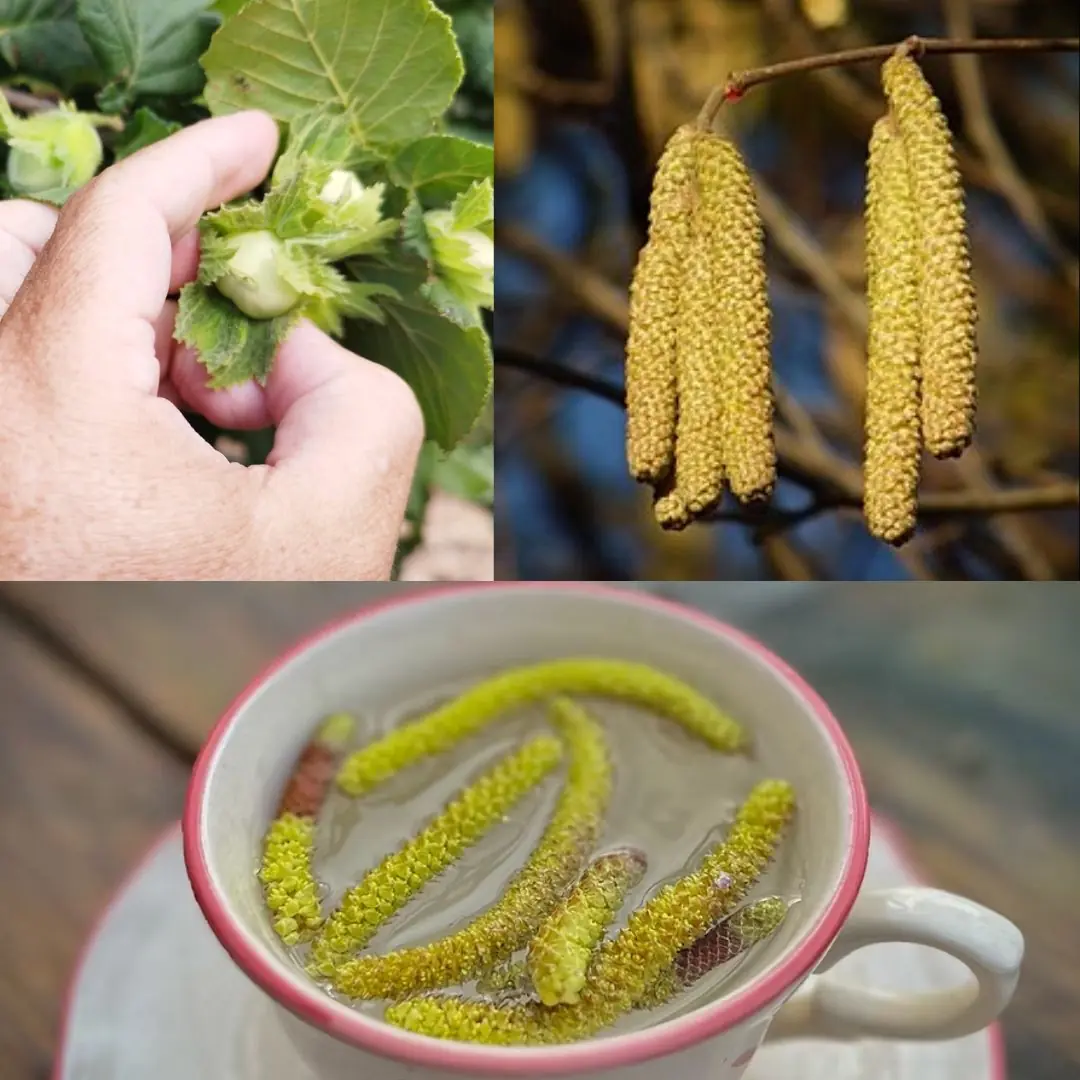
The Wonderful Hazel Tree (Corylus avellana): Nutrition, Healing, and Traditional Uses of Every Part
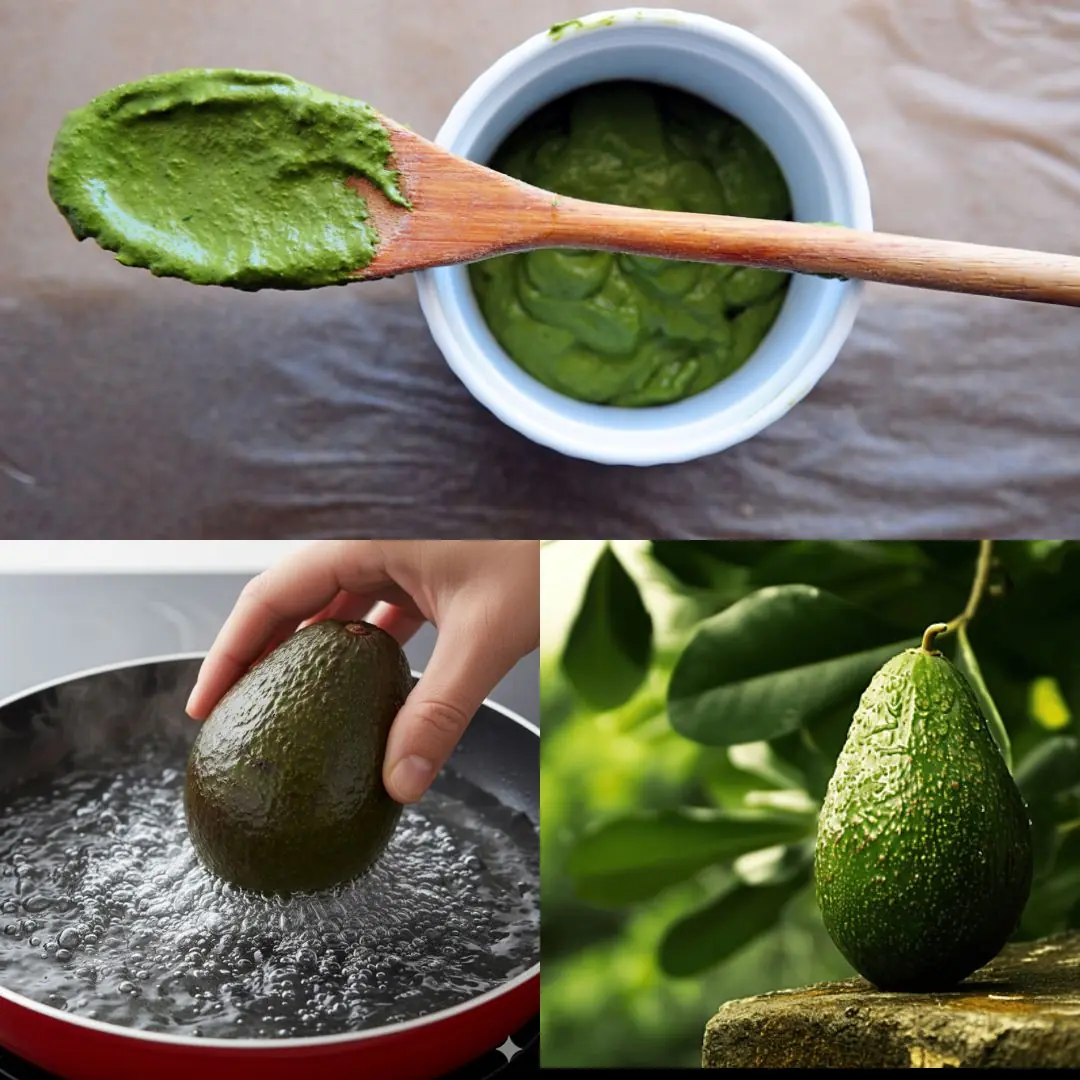
Boiling a Whole Avocado: The Secret to Softness, Nutrition, and a Delicious Baked Recipe
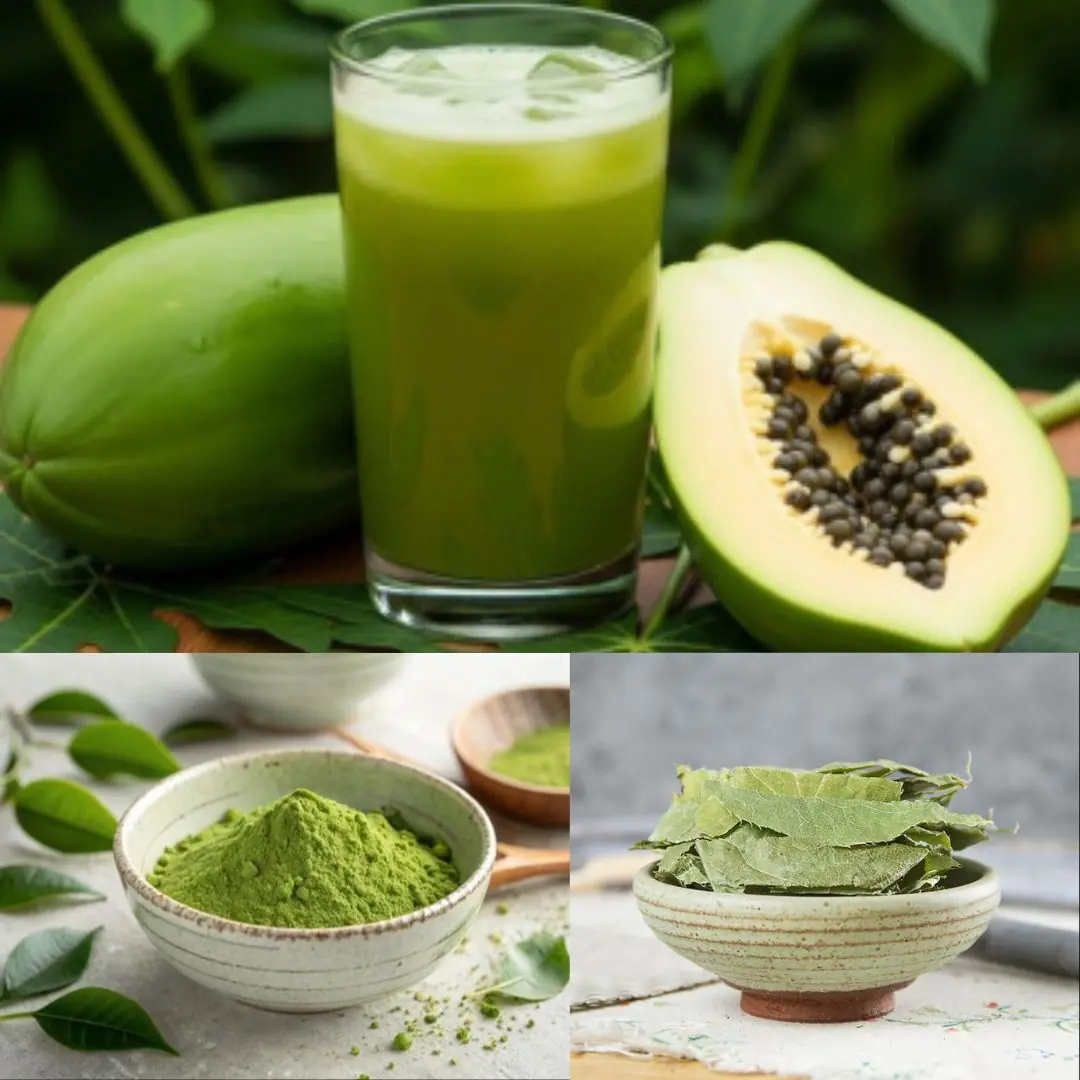
The Hidden Healing Power of Papaya Leaves
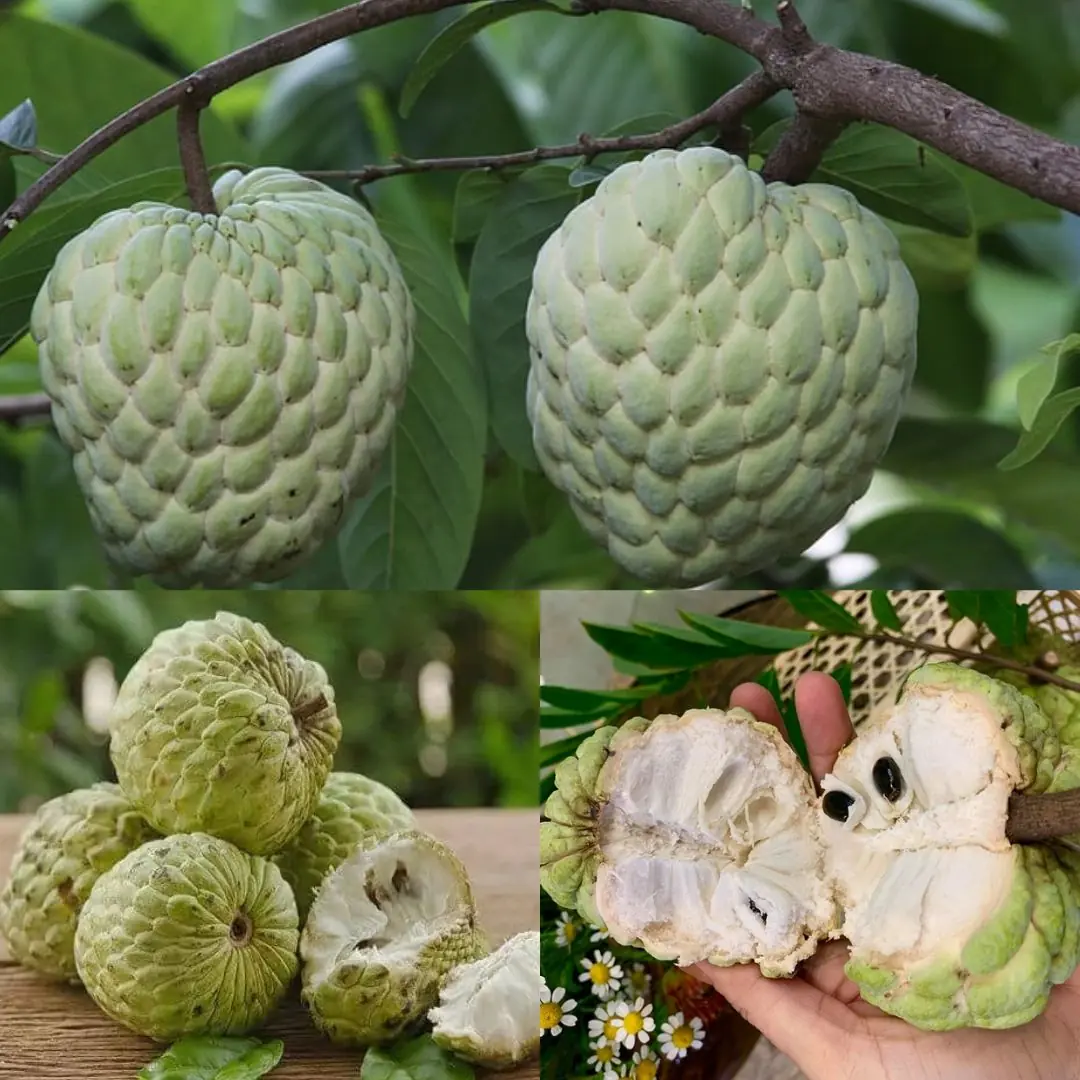
Sugar Apple (Annona squamosa): A Sweet Fruit with Powerful Health Benefits

25 Worrying Signs Your Body Is Trying to Warn You of Serious Health Problems (and What to Do About Them)
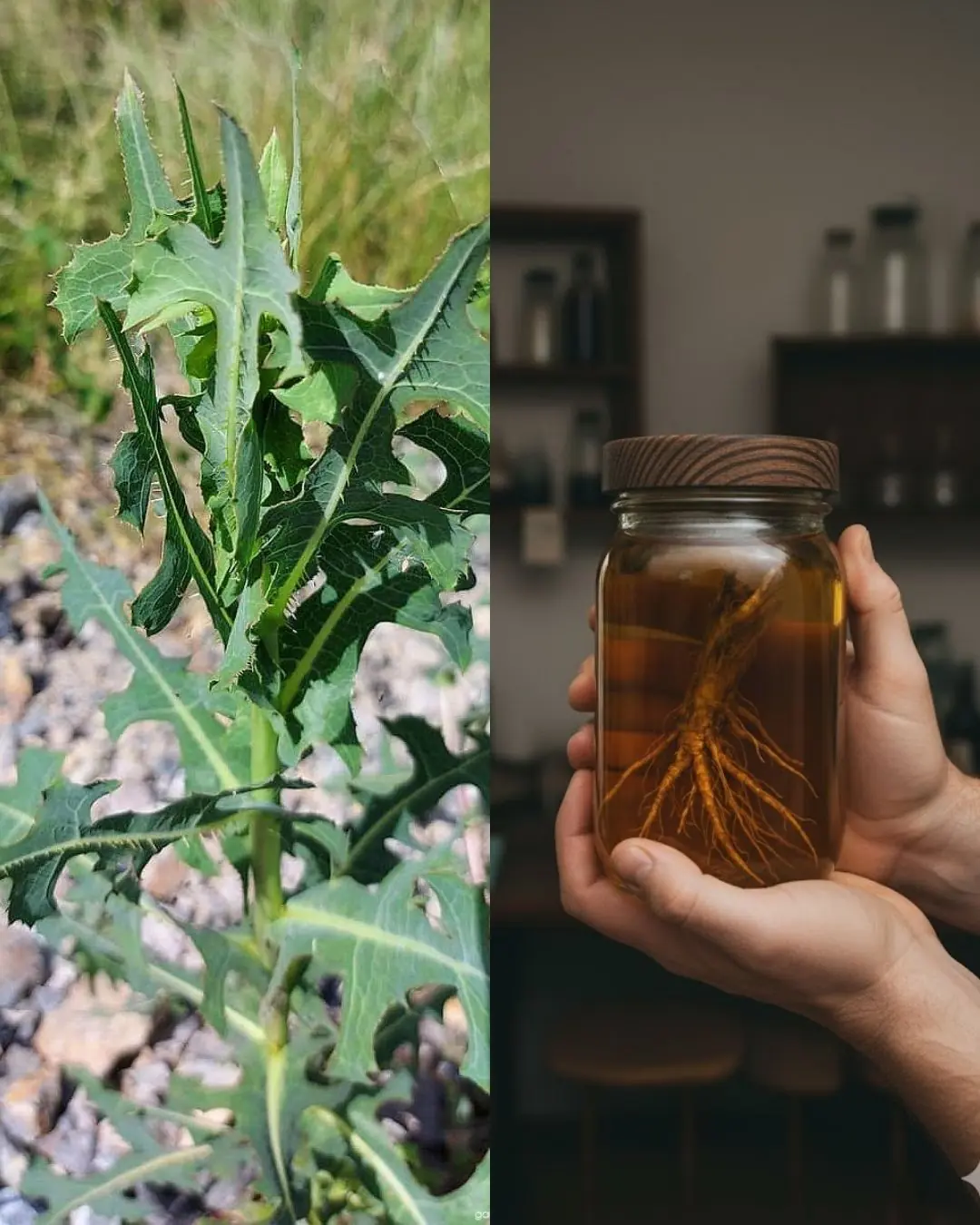
The Hidden Power of Lactuca serriola Root (Prickly Lettuce Root)

Maple Trees from Root to Crown: A Complete Guide to Every Edible Part
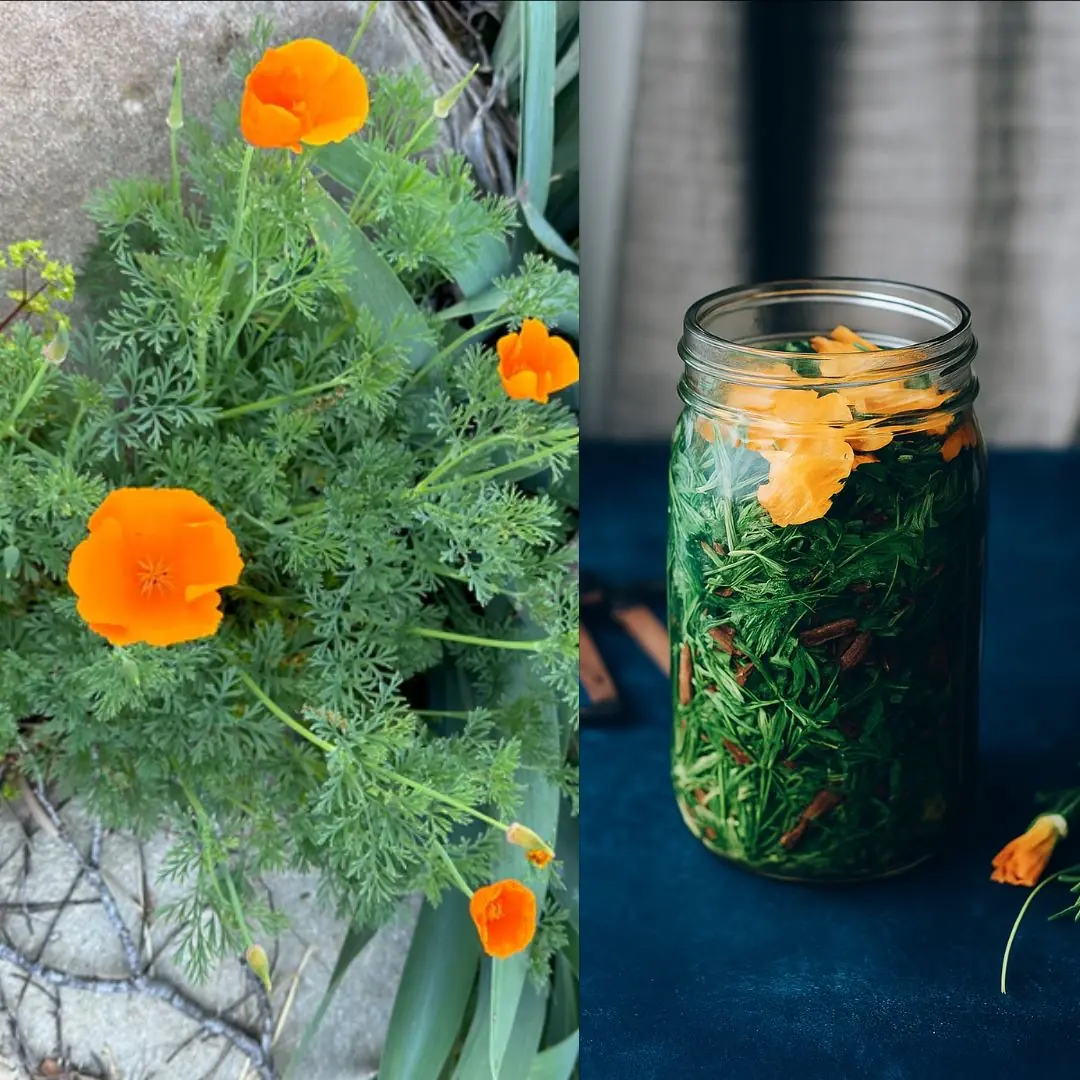
California Poppy: Nature’s Gentle Remedy for Relaxation and More
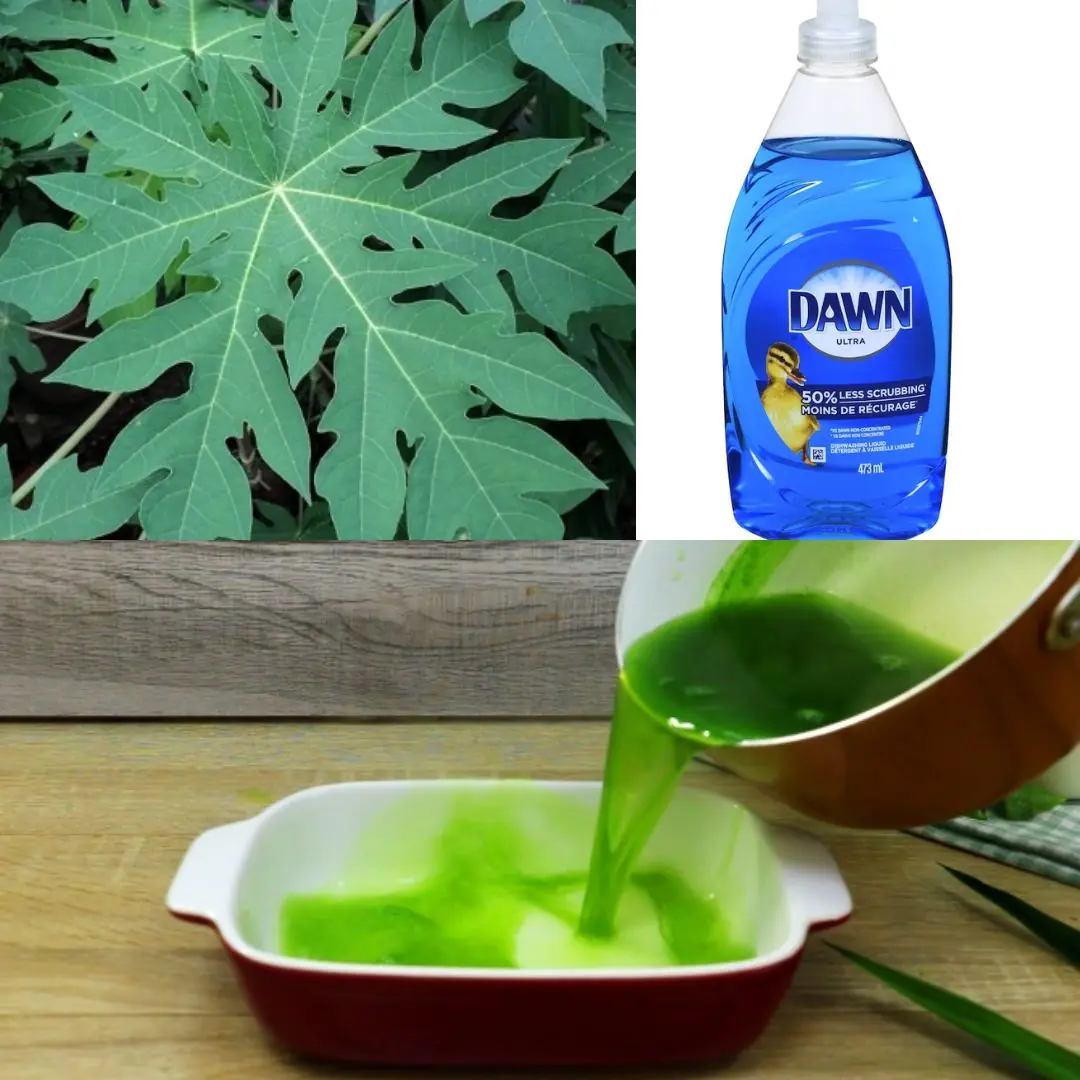
Turn Papaya Leaves Into a Powerful Homemade Detergent
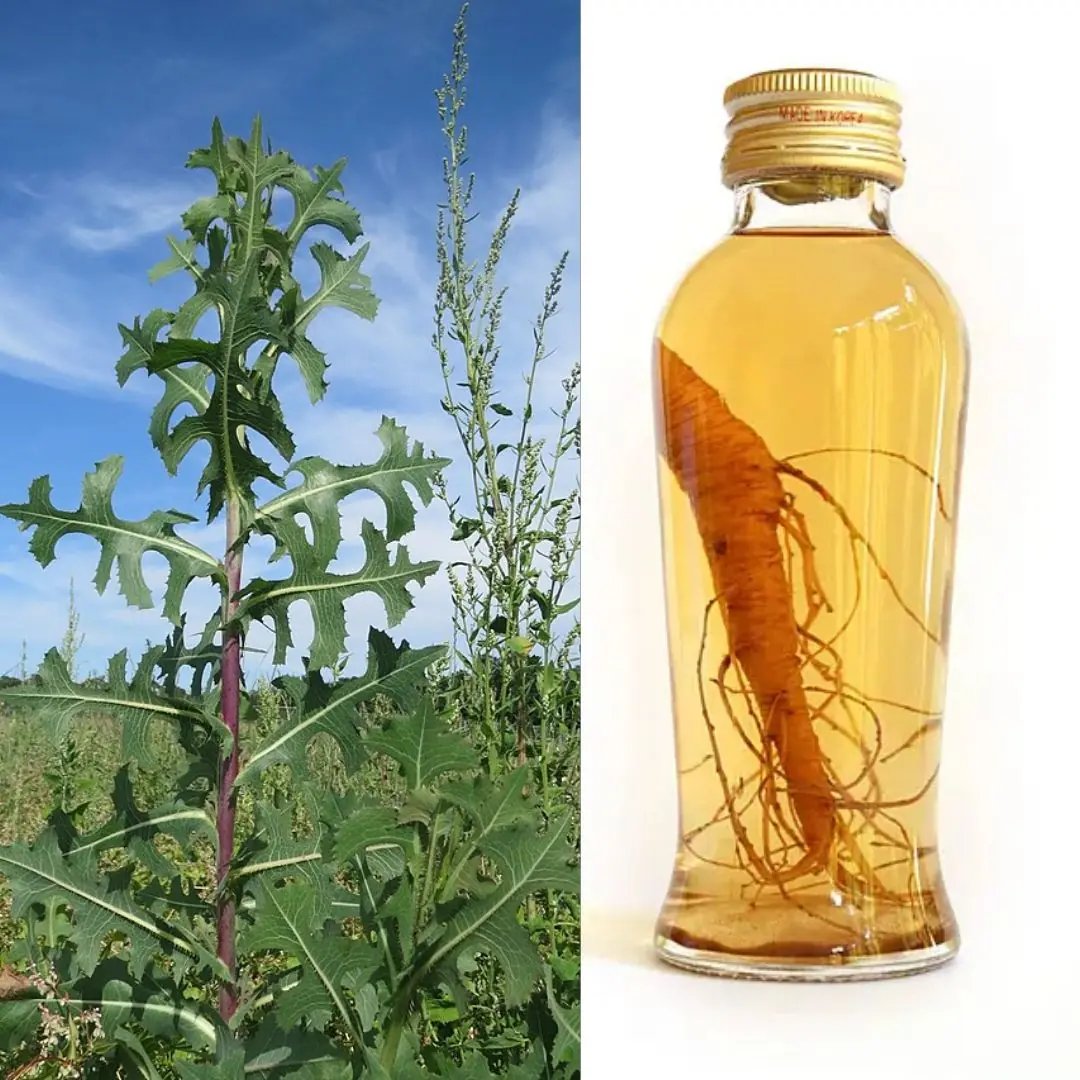
Wild Lettuce Root – Benefits, Uses, and Natural Pain Relief Properties
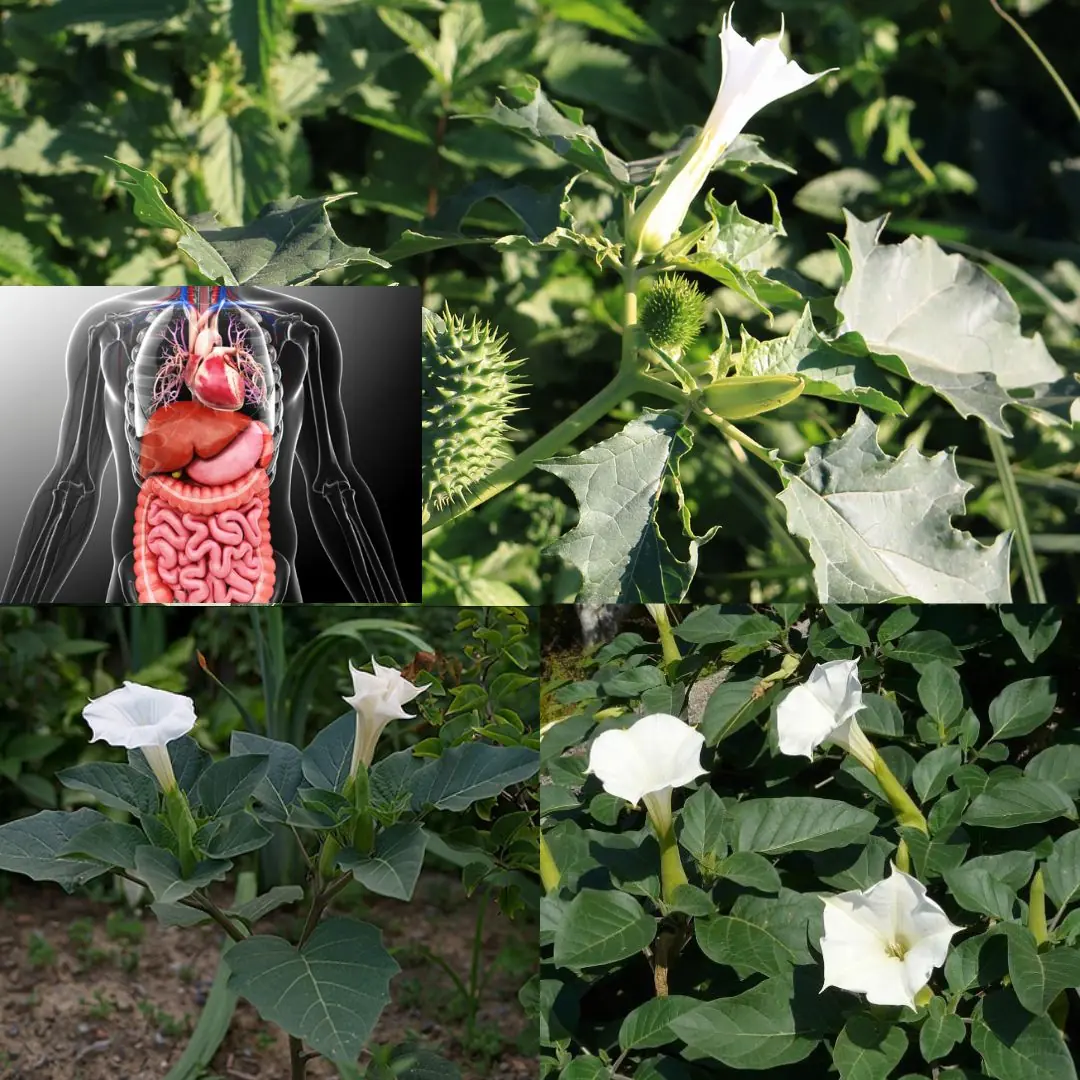
The Datura Genus: Why You Should Keep Your Distance from These Toxic Plants
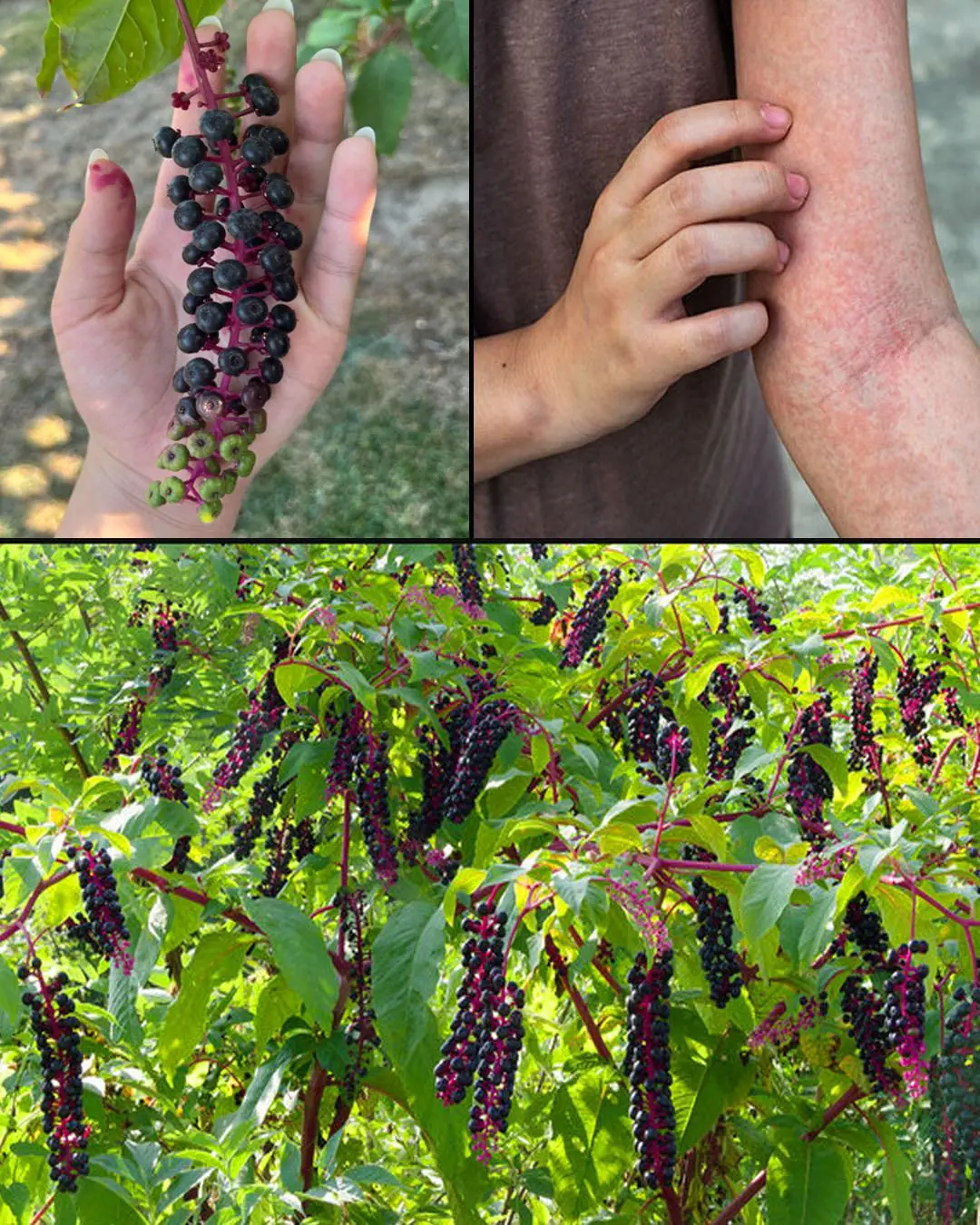
Pokeweed: The Attractive but Highly Toxic Plant Growing in Your Backyard
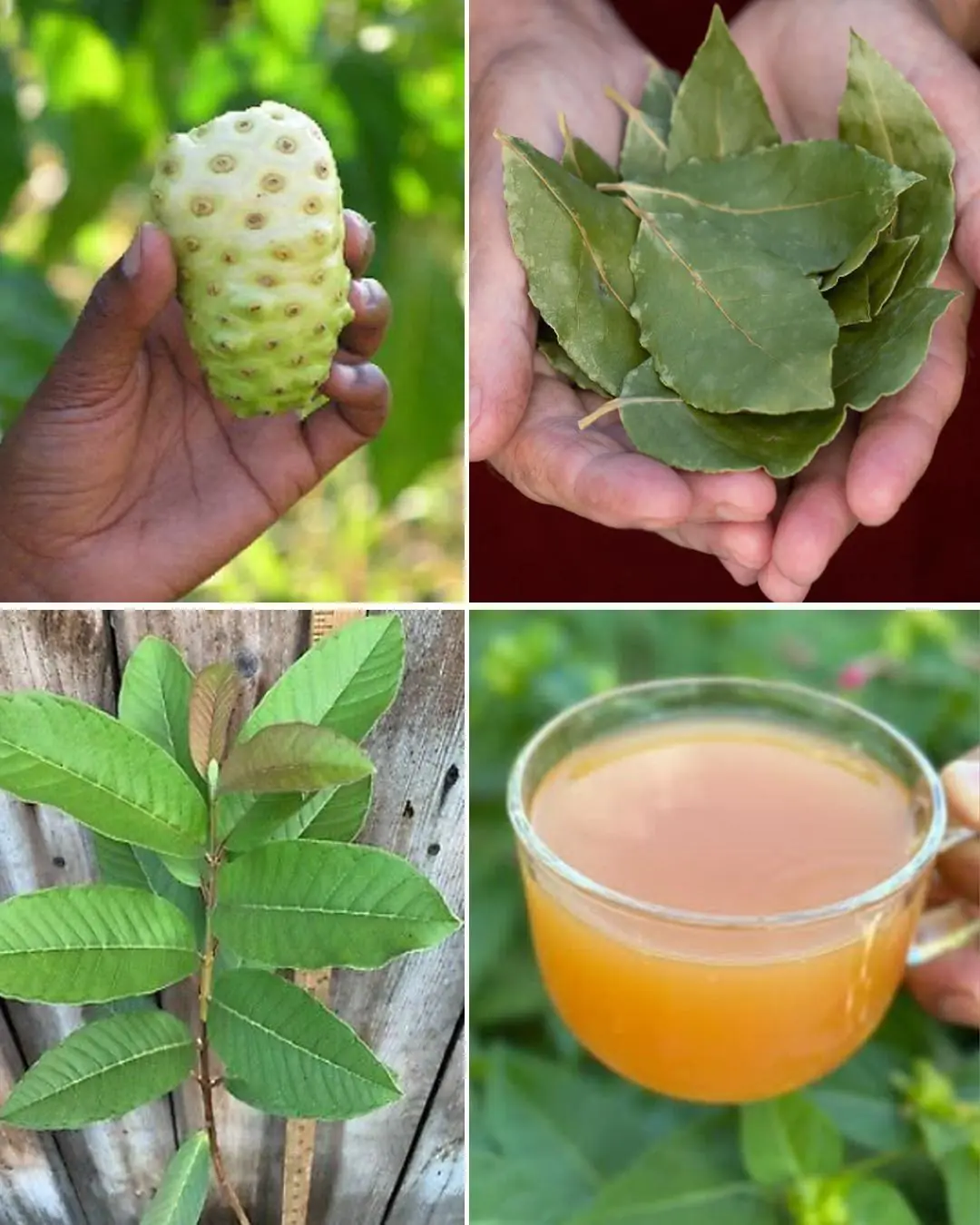
The Ultimate Healing Tonic: A Powerful Drink to Combat Swollen Feet, Diabetes and Poor Circulation
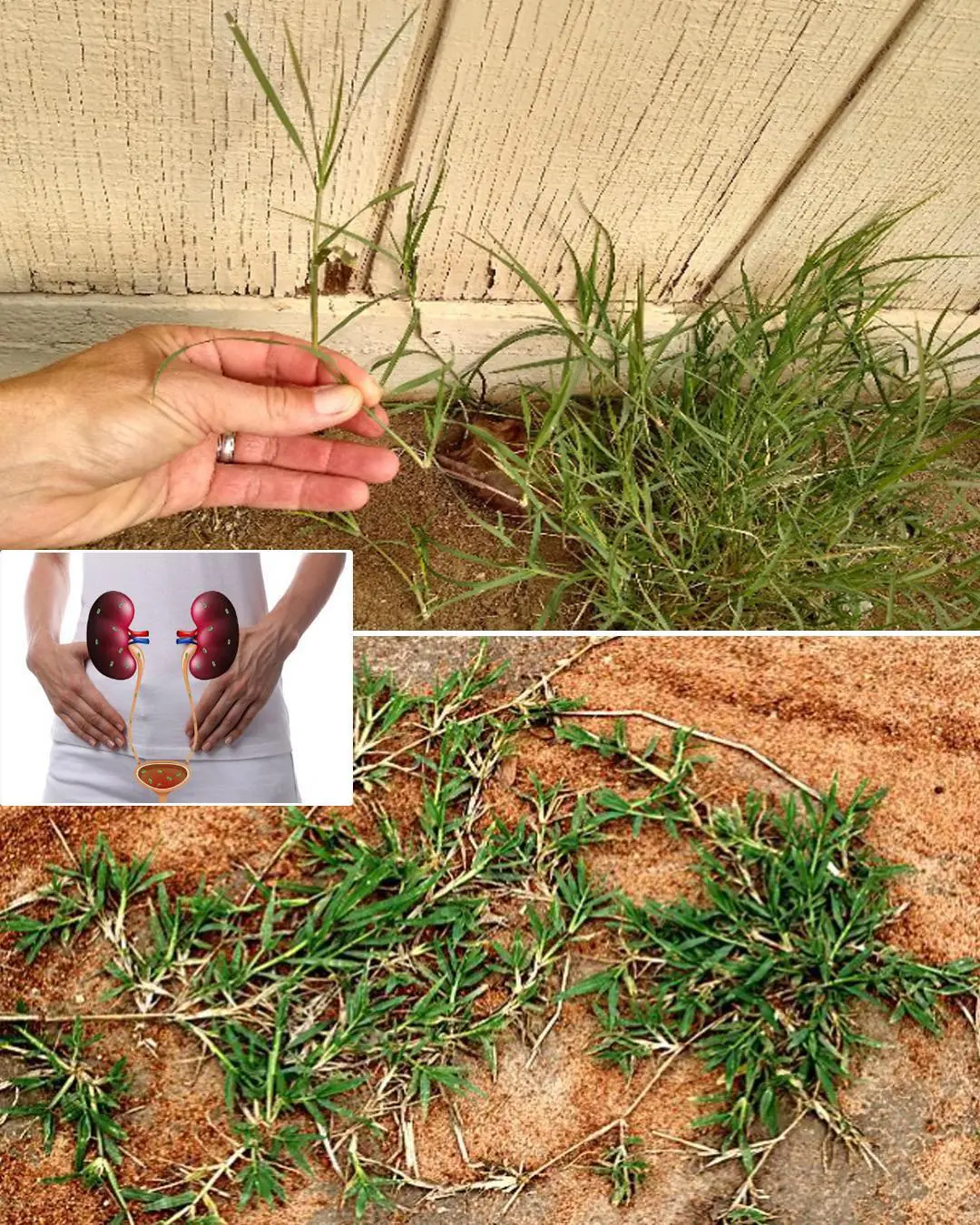
Cynodon dactylon (Bermuda Grass): Benefits and Uses
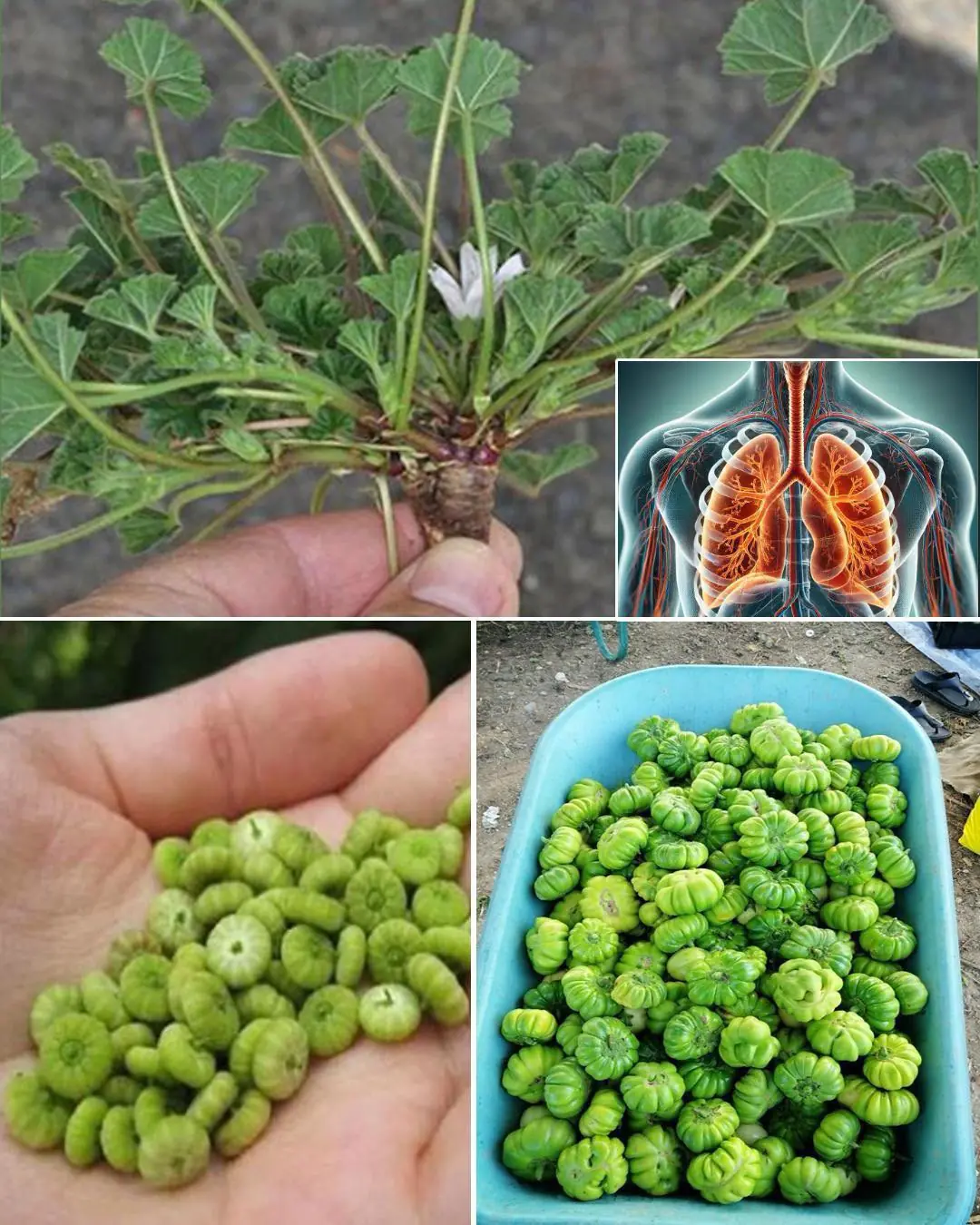
Exploring the Health Benefits of Common Mallow: A Nutritional Powerhouse
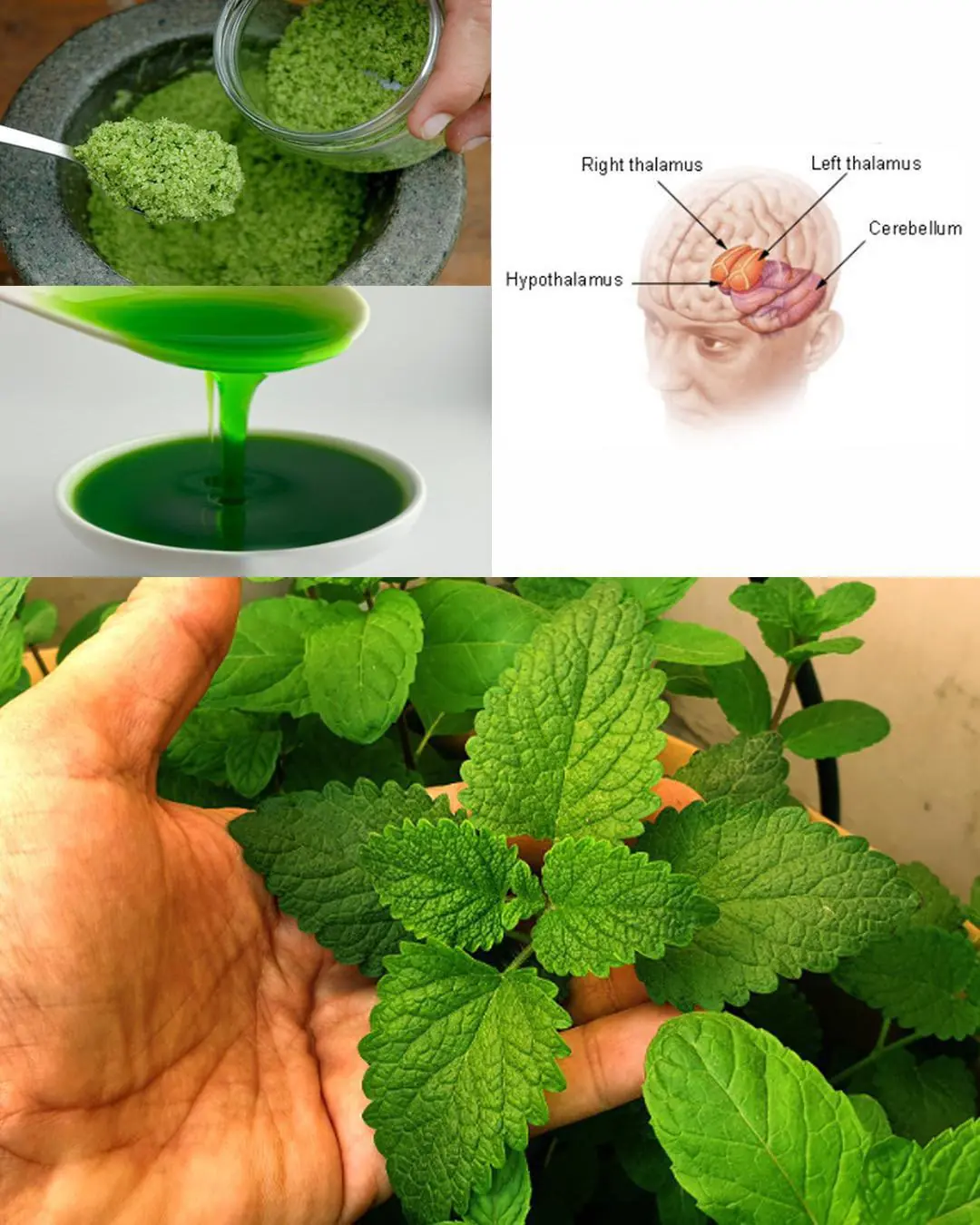
Mint: The Miracle Herb for Health, Healing, and Refreshment
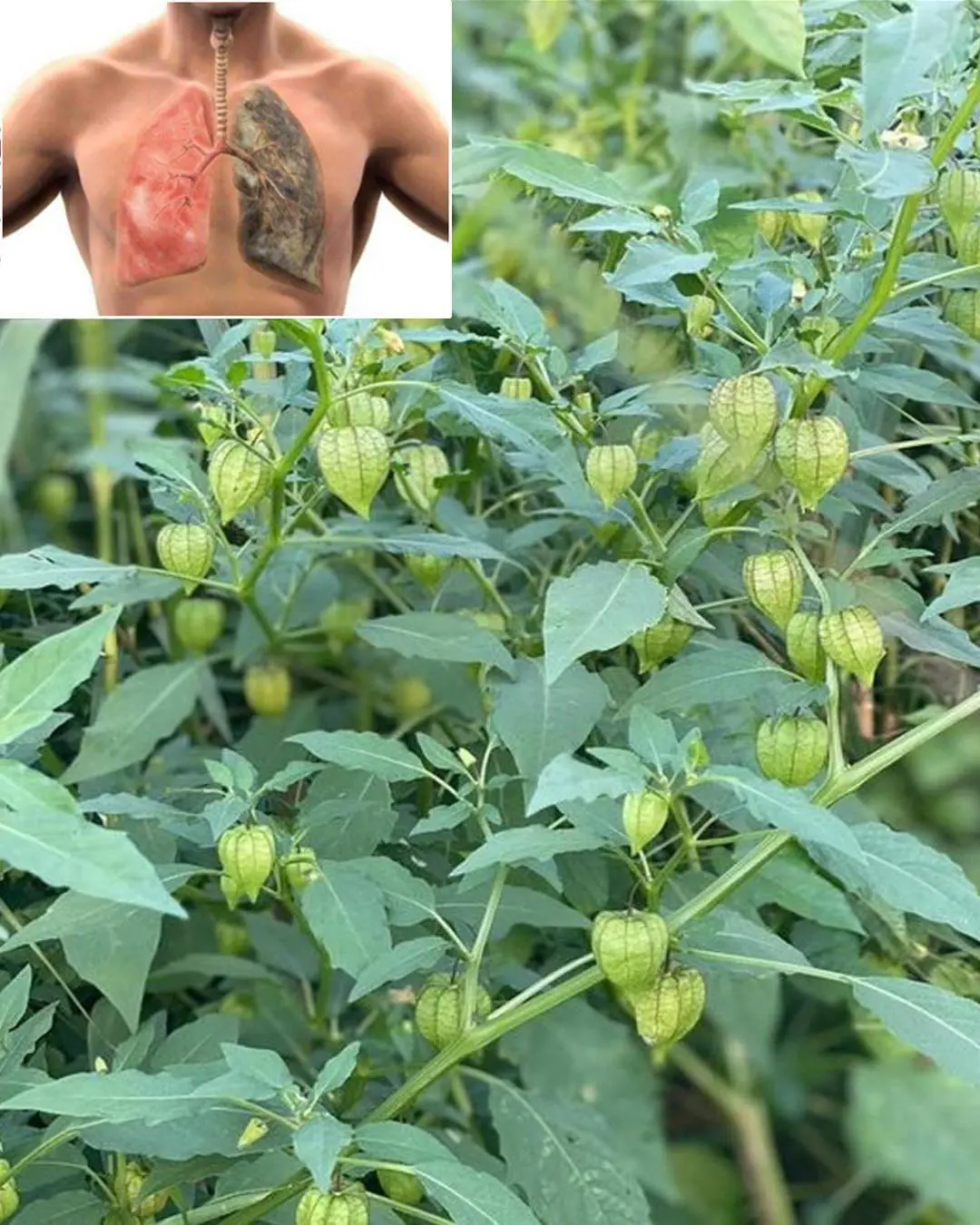
Goldenberries (Physalis peruviana): A Nutrient-Packed Powerhouse for Health and Vision
News Post

The Powerful Health Benefits of Papaya Seeds: Why You Should Include Them in Your Diet

The Wonderful Hazel Tree (Corylus avellana): Nutrition, Healing, and Traditional Uses of Every Part

Boiling a Whole Avocado: The Secret to Softness, Nutrition, and a Delicious Baked Recipe

The Hidden Healing Power of Papaya Leaves

Sugar Apple (Annona squamosa): A Sweet Fruit with Powerful Health Benefits

If you find a centipede at home, here is what it means...

Why We Feel That Little Electric Sh0ck When We Touch Another Person—Science Explains

If a Man Doesn’t Appreciate You, Here’s What You Should Do

25 Worrying Signs Your Body Is Trying to Warn You of Serious Health Problems (and What to Do About Them)

The Hidden Power of Lactuca serriola Root (Prickly Lettuce Root)

Why You Should Stop Waking Up to Urinate

4 types of vegetables are full of parasites but many people still eat them raw every day

Hidden Dangers in Your Mouth: Early Signs of Oral Cancer

Maple Trees from Root to Crown: A Complete Guide to Every Edible Part

7 Signs of Arthritis You Shouldn't Ignore

California Poppy: Nature’s Gentle Remedy for Relaxation and More

What is its purpose. see details

When a woman stops loving a man, she begins…

5 hygiene mistakes that many people make... but no one dares to talk about...
